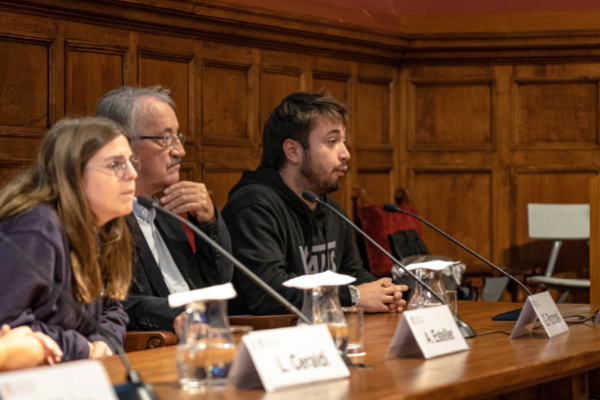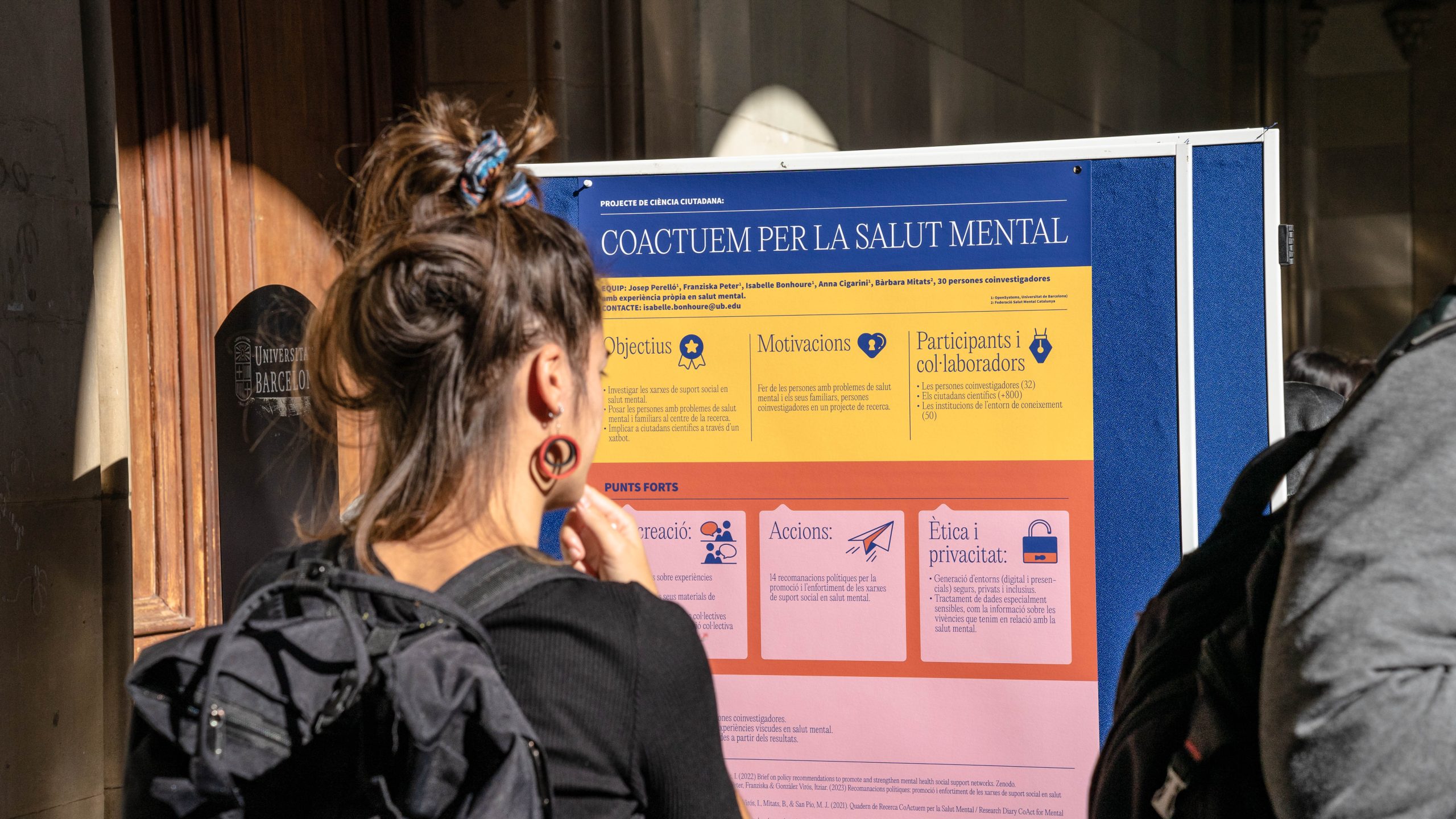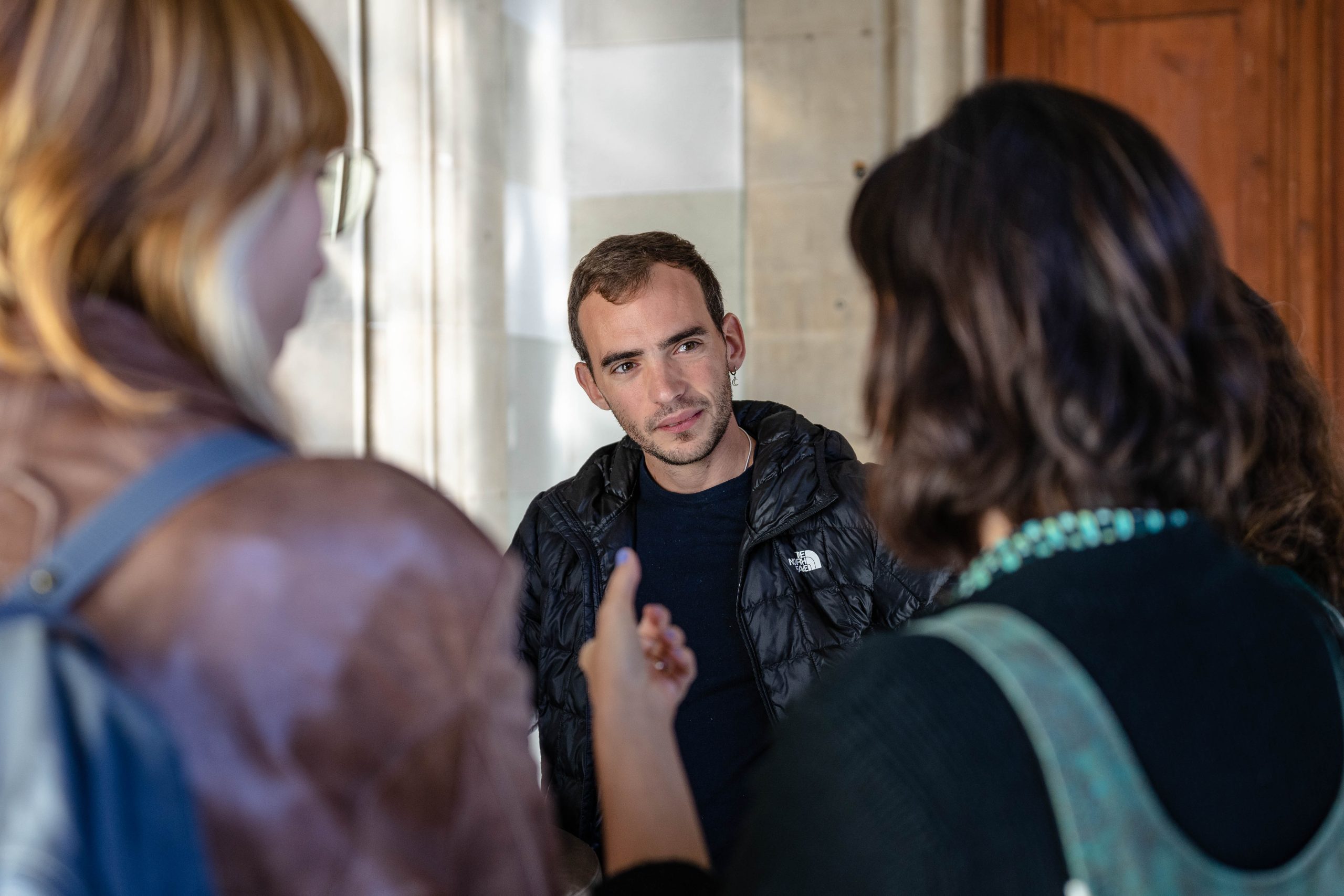The TORCH Project builds up the CHARM-EU R&I dimension, and has Open Science as one of its primary topics.

European universities are increasingly prioritizing Citizen Science within the framework of Responsible Research and Innovation (RRI) policies and universities’ Third Mission, emphasizing social engagement. This participatory research approach aims to foster inclusivity, engage marginalized groups, and address societal challenges by leveraging the first-hand knowledge of individuals. The University of Barcelona undertook an institutional pilot as a local initiative within the broader context of TORCH.
Despite the growing significance of Citizen Science, European universities face a challenge in providing adequate training to professional scientists. The required skills range from co-design techniques and digital tool development to crowdsourcing strategies, communication skills, and ethical considerations. Additionally, the involvement of civil society organizations and public administration in Citizen Science projects necessitates training initiatives to bridge the gap between academia and external entities.
The University of Barcelona (UB) undertook an institutional pilot of Citizen Science training. The initiative is a local effort with support from partners, aiming to develop a comprehensive program that addresses the diverse skill set required for successful Citizen Science projects.

Training Initiatives: The University of Barcelona Institutional Pilot
The training, consisting of two superimposed modules over three consecutive days, was developed at the UB level. Collaborating with experts from the Life-long Learning Institute of UB (ICE-IPD), efforts were made to secure official recognition for the course.
In the initial period (February–April 2023), the pilot working group, led by the University of Barcelona, established the framework for a comprehensive training program. In the subsequent period (May–July 2023), the designed training program underwent presentation and validation within the working group. Implementation dates were confirmed, and preparations commenced for an institutional event to inaugurate the training course (scheduled for November 6-8 at UB).
UB has developed an institutional website focused on Citizen Science which was presented to the academic community and external stakeholders during the training course opening act, by Ignasi Labastida, Rector’s Delegate for Open Science) and professor Josep Perelló, director of the OpenSystems UB research group. This webpage, on the one hand, compiles a number of citizen science projects that are being carried out at the UB. On the other hand, six key ideas are presented, quite summarized in six infographics that explain the steps to follow to create a citizen science project. The key ideas are: cocreation, community, tools, data, ethics and inclusion and action.
Collaborative Stakeholder Involvement
Recognizing the need for collaboration, UB engaged external stakeholders in the Citizen Science pilot. UB teaching staff, along with representatives from the Board of Catalan Third Sector Entities (Taula) and the Erasmus project Citizen Science Now, played crucial roles in co-creating research projects and refining training materials. This collaborative effort aimed to bridge the gap between academia and external entities, fostering a holistic approach to Citizen Science.
Context of Citizen Science in European Universities
Citizen Science, as a participatory research approach, has gained momentum within the European Union regions. The emphasis on inclusivity for underserved or marginalized groups and the focus on addressing societal challenges across disciplines underscore the transformative potential of Citizen Science. By incorporating the perspectives and firsthand knowledge of diverse communities, this approach enhances the relevance and impact of scientific research.
However, a critical gap exists in the training of professional scientists in European universities to effectively conduct research within the Citizen Science paradigm. Transversal skills, ranging from co-design techniques to ethical considerations, are essential for navigating the complexities of this collaborative and interdisciplinary approach.

The University of Barcelona’s institutional pilot represents a significant step in addressing the training gap for scientists engaging in Citizen Science. As universities champion Open Science, initiatives like these contribute to the broader goal of fostering inclusivity, collaboration, and effective engagement with societal challenges. The collaborative involvement of external stakeholders further emphasizes the interconnectedness required for successful Citizen Science projects. The progress made by UB serves as a model for other universities aiming to integrate Citizen Science into their academic frameworks, promoting a more open, inclusive, and impactful approach to scientific research.